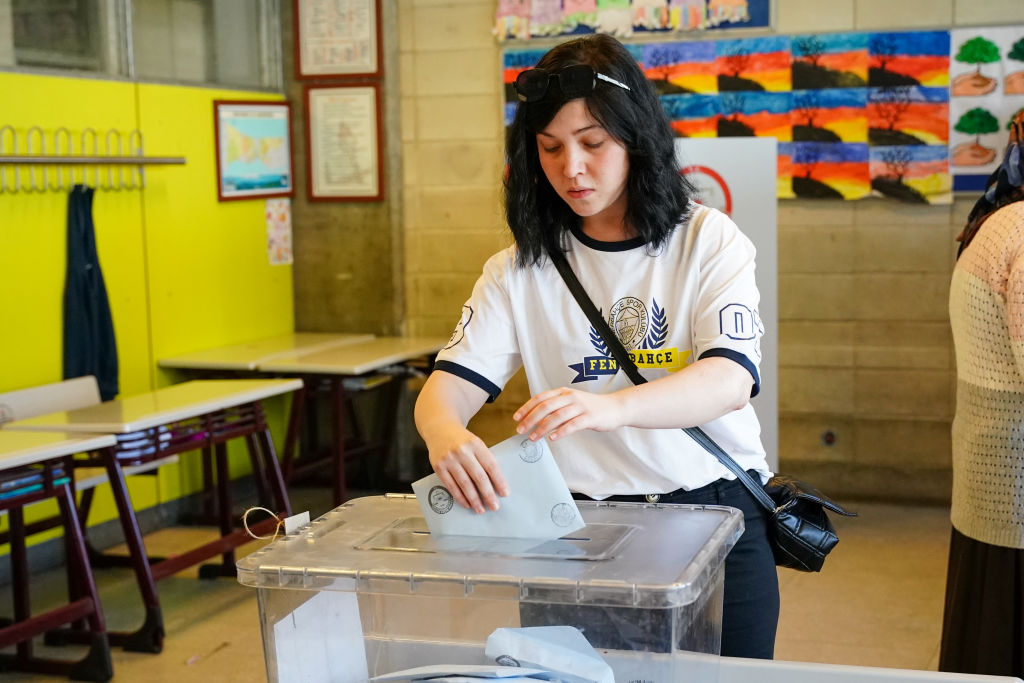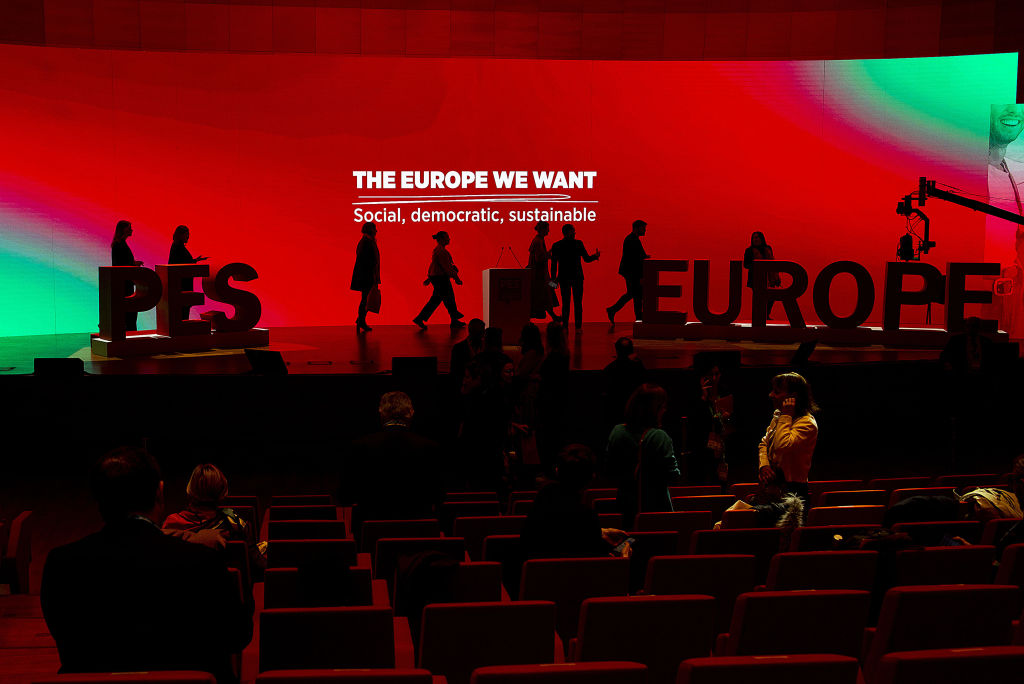June’s EU elections are at major risk of Russian “interference”, the European Commission’s Vera Jourová has warned.
The Vice President for Values and Transparency warned the Kremlin would likely try to meddle with the upcoming ballot using various cutting-edge techniques at the GMF 2024 Brussels Forum on April 18.
“Elections should be a free and fair competition of real people not of the robots, not of the AI technologies,” she told the forum.
“European Elections must not be a completion of who can use and abuse better the dirty manipulative technologies.”
According to Jourová, the European Union is “filled with foreign interference” and attacks on European democracies “are coming every day”.
She expressed her anxiety over the upcoming EP elections, saying: “I am nervous about the possible access of Russian propaganda in the EU.”
Drawing attention to the broader geopolitical implications, Jourová cautioned against what she called Russian President Vladimir Putin’s ulterior motives, suggesting his ultimate aim was for Europeans to accept “a full-scale invasion” of Ukraine.
Jourová highlighted what she claimed was the trend of political parties aligning themselves with Russian interests.
“Putin gains allies more and more among political parties” she said, insisting that such allies hold influence in more than half of the EU Member States’ parliaments.
Jourová also identified Iran and China as possible threats, arguing that the increasingly hostile nations could also be interested in some form of election meddling.
The European Parliament elections in June are at significant risk from Chinese online activists who already targeted the UK Parliament and its electoral register, cyber experts have told Brussels Signal.@ivana_karaskova | @MPIainDS https://t.co/RFzqu7gZCn
— Brussels Signal (@brusselssignal) March 26, 2024
Acknowledging the multifaceted nature of such challenges, the Commission has outlined four distinct concerns for the upcoming elections in June: cybersecurity threats, foreign interference, disinformation and the misuse of artificial intelligence.
Assuring proactive measures in response to these threats, Jourová pledged that the EC would deploy every available resource.
“We will trigger any measure possible as we are several weeks from the elections.”
One such measure is the recent adoption of a Code of Conduct by European political parties aimed at curbing the possible spread of disinformation and AI “deep fakes” during the electoral campaign.
Jourová also cautioned that alleged foreign interference represented only one facet of the broader disinformation landscape.
Highlighting what she claimed was the erosion of trust in traditional media and an alarming rise of “news avoidance” among European citizens, Jourová underscored what she said was the urgent need for a “more resilient and educated society”.
In the face of all the challenges facing the EU, she issued a call for collective action, emphasising what she described as the imperative of safeguarding the integrity of European democracies through concerted effort and unwavering vigilance.
In a rare display of unity, all 10 of the EU’s bloc-wide political parties have endorsed a European Commission-backed code of conduct for the 2024 European Parliament elections in June. https://t.co/i6K0F6TP72
— Brussels Signal (@brusselssignal) April 10, 2024





